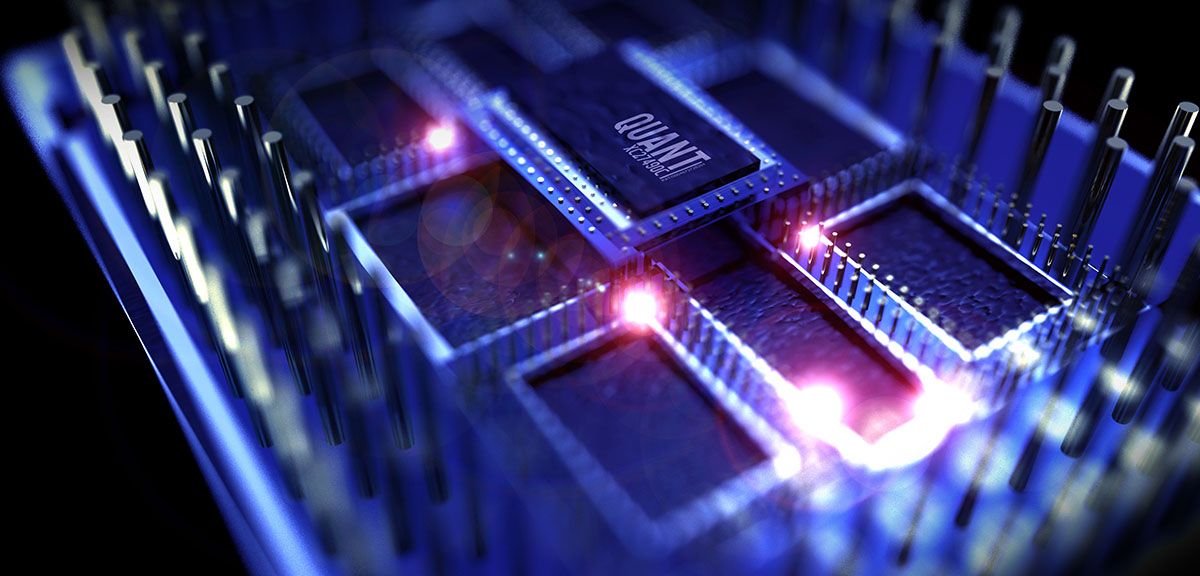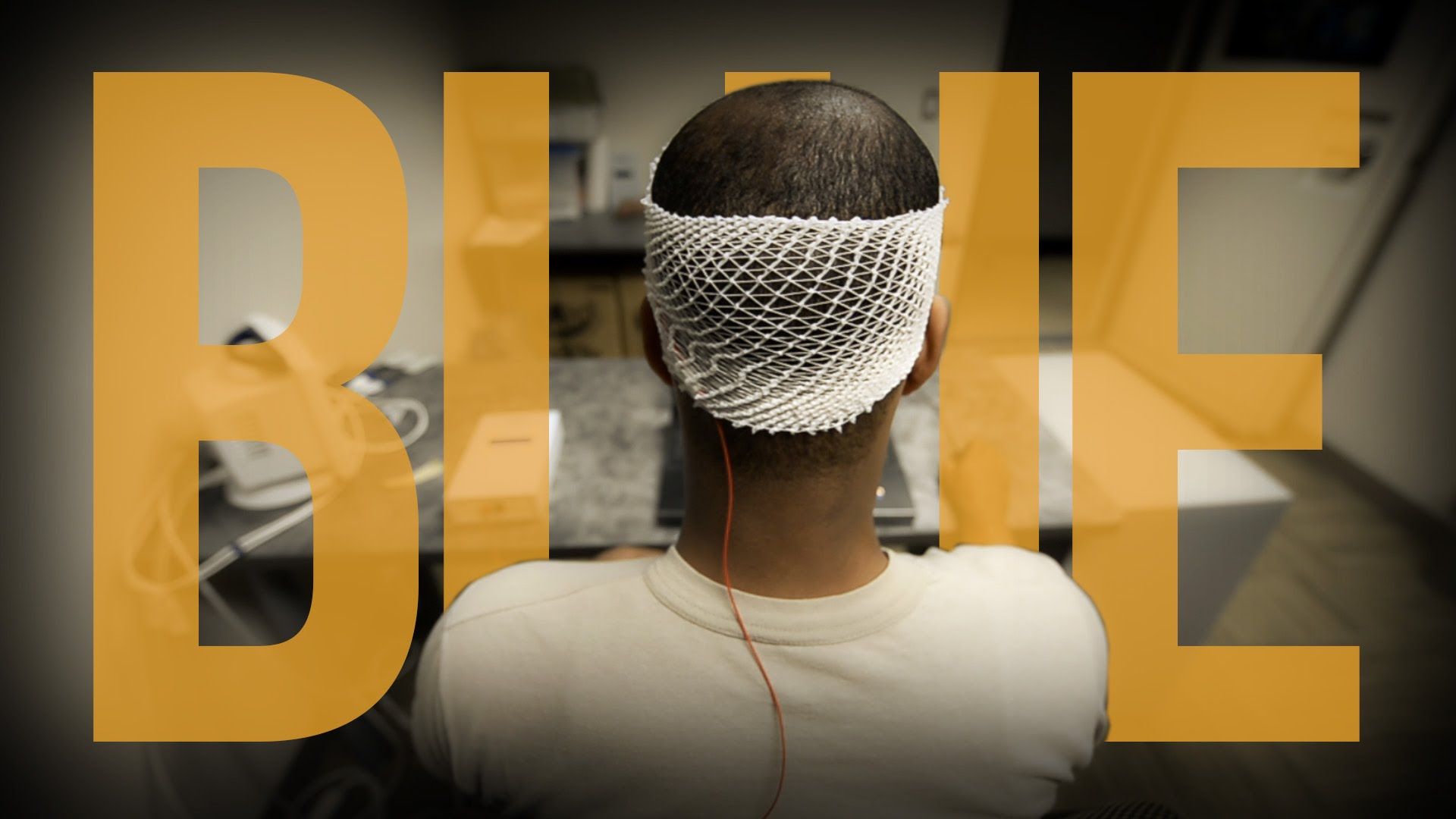The nation needs a workforce that can pursue quantum computing.



Quantum computing might be closer than we thought, thanks to a series of newly developed scientific methods. Furthermore, a new implementation of Shor’s algorithm increases the urgency of getting Bitcoin ready for the advent of quantum computing.
Also read: NIST Starts Developing Quantum-Resistant Cryptography Standards.


More folks warning others that you better be planning for a QC transformation as it is coming and is going to be probably the largest scale transformation the we have seen in the history of technology.
Former communications minister, Stephen Conroy has warned that Australian government technology decision makers need to start preparing for the development of quantum computing.
The former senator made the warning during a panel session at the Australian Computer Society’s Reimagination conference late last week. While still in its nascent development stages, the former minister for broadband communications and the digital economy said that it could have major national security implications.
“There’s one other issue that I wanted to put out there that’s coming as a disruptor and that’s quantum computing and how that’s going to affect things like national security and industrial competitiveness,” Mr Conroy said.


This week we are celebrating Computer Science Education Week around the globe.
In this “age of acceleration,” in which advances in technology and the globalization of business are transforming entire industries and society itself, it’s more critical than ever for everyone to be digitally literate, especially our kids.
This is particularly true for women and girls who, while representing roughly 50 percent of the world’s population, account for less than 20 percent of computer science graduates in 34 OECD countries, according to this report.
The US Army Research Laboratory (ARL) are at an advanced stage of with their synthetic biology research. The work could see bacteria being used to send signals and sense in a way similar to computers, the advantage being that it could potentially provide a more intuitive sensory experience to a piece of tech, and bypass some of the pitfalls unique to electrical structures. The research also has application for new 3D printing materials.



This has been worked on since WWII using various methods that never fully worked out. However, our technology has advance; so it could be within reach this time.
An expert from Rutgers University Newark explores the proper role of neuroscience in defense and war efforts, and how technologies designed with this science can be misused to harm people.